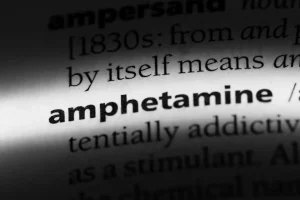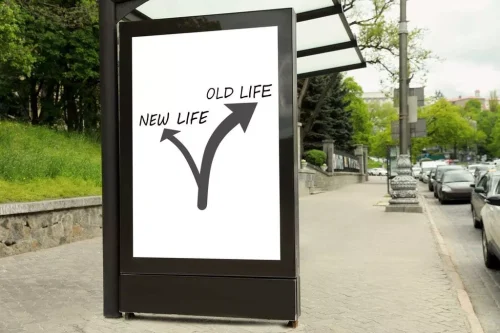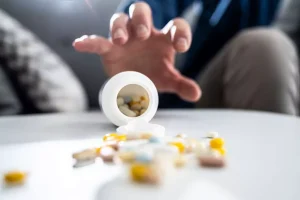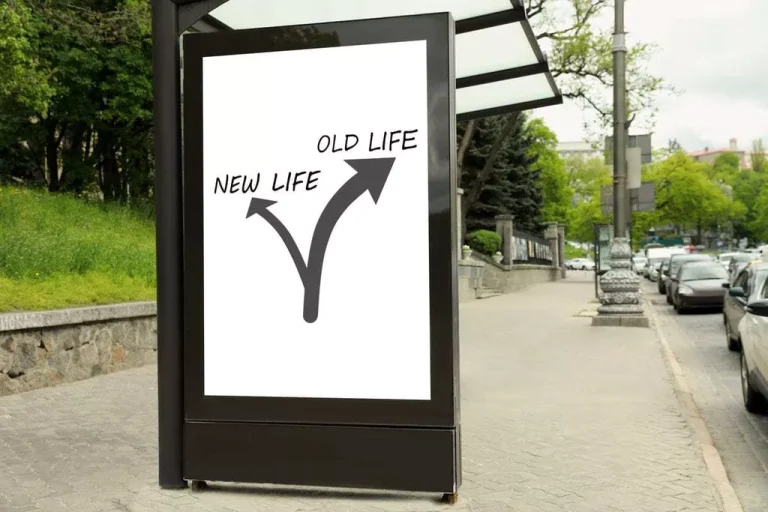
Too much alcohol affects your speech, muscle coordination and vital centers of your brain. A heavy drinking binge may even cause a life-threatening coma or death. This is of particular concern when you’re taking certain medications that also depress the brain’s function. If you feel that you sometimes drink too much alcohol, or your drinking is causing problems, or if your family is concerned about your drinking, talk with your health care provider. Other ways to get help include talking with a mental health professional or seeking help from a support group such as Alcoholics Anonymous or a similar type of self-help group.
Alcohol Use and Your Health
Teenagers and young adults who drink may be at particular risk for alcohol overdose. Research shows that teens and college-age young adults often engage in binge drinking and high-intensity drinking. Drinking such large quantities of alcohol can overwhelm the body’s ability to break down and clear alcohol from the bloodstream.
What to Do if Someone Has Alcohol Poisoning
If you consume alcohol at a faster rate than your liver can process it, the level of alcohol in your blood will become higher and higher. Even after you stop drinking or pass out, your stomach and intestines will continue absorbing alcohol for quite some time. Prompt treatment of an alcohol overdose can prevent life-threatening health problems.
- Healthcare providers consider severe intoxication of a substance to be poisoning or overdose (like alcohol poisoning or opioid overdose).
- American Addiction Centers (AAC) is committed to delivering original, truthful, accurate, unbiased, and medically current information.
- The risk of alcohol poisoning also depends on your size, your tolerance for alcohol, and the amount of food in your stomach.
- Take our free, 5-minute substance abuse self-assessment below if you think you or someone you love might be struggling with substance abuse.
Risk Factors for Alcohol Poisoning
But alcohol poisoning is so serious, that not calling 911 could result in death. In any case, it’s unlikely that the paramedics or hospital team will call the police. Most states have Good Samaritan laws, which allow people to call 911 without fear of arrest if they’re having a drug or alcohol overdose or see someone else who is overdosing. Alcohol poisoning is a serious — and sometimes deadly — result of drinking large amounts of alcohol in a short period of time. Drinking too much too quickly can affect breathing, heart rate, body temperature and gag reflex. The initial symptoms of methanol intoxication include central nervous system depression, headache, dizziness, nausea, lack of coordination, and confusion.

- This is equivalent to just under 6 medium glasses of wine, or around 7 bottles of 5% beer.
- Most people call this stage of intoxication being “tipsy.” A person’s BAC at this stage might range from 0.03 to 0.12 percent.
- If you think someone is experiencing alcohol poisoning, seek emergency medical attention immediately.
You might not recognize how much you drink or how many problems in your life are related to alcohol use. Listen to relatives, friends or co-workers when they ask you to examine your drinking habits or to seek help. Consider talking with someone who has had a problem with drinking but has stopped. You’ll need to go to hospital to be monitored if you have alcohol poisoning.

What is the treatment for intoxication?
Drinking a lot in a short space of time increases alcohol poisoning the concentration of alcohol in the blood. Alcohol poisoning happens if the concentration of alcohol reaches a dangerous level that stops the body from working properly. The less alcohol you drink, the lower your risk for these health effects, including several types of cancer. At Healthgrades, our Editorial Team works hard to develop complete, objective and meaningful health information to help people choose the right doctor, right hospital and right care. Our writers include physicians, pharmacists, and registered nurses with firsthand clinical experience.

Because an alcohol overdose can suppress a person’s gag reflex, they could choke and possibly die if they vomit while unconscious and lying on their back. If vomit is inhaled into the lungs, it can cause a person to stop breathing. People who binge drink (drink more than five drinks in an hour) are also at risk for alcohol overdose. It can lead to complications such as choking, brain damage, and even death. Prompt medical treatment can help prevent these complications from occurring.
Alcohol intoxication
Alcohol intoxication is described as a mental and behavioural disorder by the International Classification of Diseases. (ICD-10).25 Definitive diagnosis relies on a blood test for alcohol, usually performed as part of a toxicology screen. Because these may have varying reliability and may produce different results than the tests used for law-enforcement purposes, the results from such devices should be conservatively interpreted. Alcoholic drinks contain a form of alcohol known as ethyl alcohol or ethanol.

Talk with your teenagers or young adult children about the dangers of binge drinking and high intensity drinking. This includes discussing drinking games, which can easily lead to alcohol poisoning. Also, emphasize the importance of knowing when enough is enough, and discuss how to intervene if a friend is drinking too much https://ecosoberhouse.com/article/addiction-vs-dependence-what-is-the-difference/ or too quickly.
Alternate your drinks
Most people call this stage of intoxication being “tipsy.” A person’s BAC at this stage might range from 0.03 to 0.12 percent. If a person has generally consumed two to three drinks as a man or one to two drinks as a woman in an hour, they’ll enter the euphoric stage of intoxication. Their blood alcohol content (BAC), which measures how much alcohol is in the bloodstream, will be very low at 0.01 to 0.05 percent. If a person has consumed one or less drinks per hour, they’re considered to be sober, or low-level intoxicated. If you combine alcohol and drugs, you may not feel the effects of the alcohol. This may cause you to drink more, increasing your risk for an alcohol overdose.
